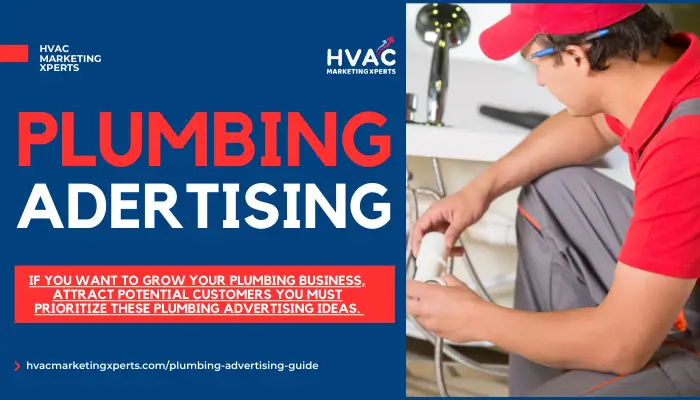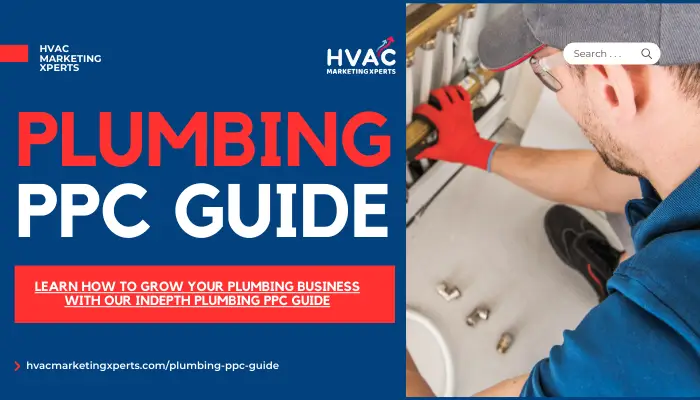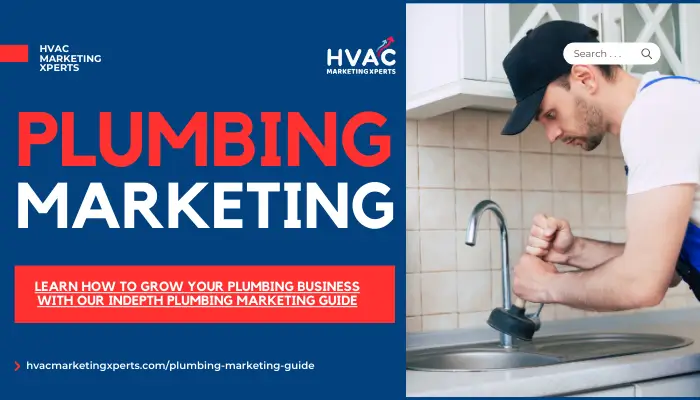Plumbing SEO Tips to Grow Your Business
SEO for plumbers is not a choice. It’s a necessity. Your website has to be SEO-optimized to gain traffic and leads on search engines like Google, YouTube, and Bing.
This is why we distilled a lot of resources in this guide to help you build your online enterprise and thrive with organic traffic. Keep reading to learn how you can grow your plumbing business leveraging SEO.
What is SEO for Plumbers?

SEO for plumbers is the process of optimizing your plumbing website and Google Business Profile to rank at the top of search engine results. It’s all about improving how easily search engines like Google find and rank your website.
The higher you rank, the more likely you’ll get prospects actively searching for plumbing solutions. And in that case, you will want to have a higher ranking within your work location.
Benefits of SEO for Plumbers

Generate More HVAC & Plumbing Leads with a Free 3-Week SEO Trial!
Ready to get more calls and customers for your HVAC or Plumbing business?
HVAC Marketing Xperts is offering contractors like you a LIMITED free SEO audit and a 1-on-1 marketing consultation tailored to your HVAC or plumbing business.
Our proven local SEO lead generation system is risk-free for 3 weeks (you pay nothing for three weeks of GBP and SEO services)!
Let’s grow your business together—click the button below to start now and claim the TIME-LIMITED offer.
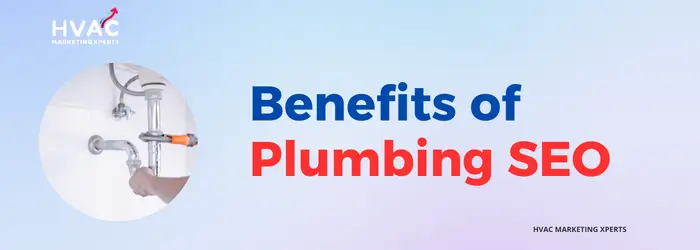
Plumbing SEO is crucial to the success of your company because it can help you to:
Get More Customers

Most people use search engines to find plumbing businesses by attaching words like “near me” or “city name” to their search queries. For example “emergency plumbing Minneapolis ”.
This offers you a great opportunity to convert them if you rank for the keywords relevant to your business location. You can even double your leads and increase sales by optimizing your site for these keywords.
Boost your Brand Visibility

You might feel that you don’t need an online presence since you operate from a brick and mortar. But that’s wrong. Because 77% of users are going to Google to find local businesses and 21% of consumers in the US, search for local businesses online daily.
They prefer to order online than shop around the neighborhood. And by leveraging SEO you can boost your brand visibility and authority in your area.
Acquire Qualified Leads

Search engine optimization is one of the best lead-generation channels for plumbers.
And with an optimized site you can keep getting a steady stream of qualified leads monthly. Because you’ve put in the work to rank for the relevant keywords that move the needle for your plumbing business.
Recommended: Ultimate Guide to Plumbing PPC (Generate Leads with PPC)
Reduce Marketing Budget

SEO is way cheaper than running ads because it has higher return on investment. Yes, you can get quick results with ads but if you stop running ads eventually, you will run out of lead inflow immediately. As opposed to SEO which allows you to organically show up on Google search results and attract more leads passively.
Best SEO Strategies for Plumbers
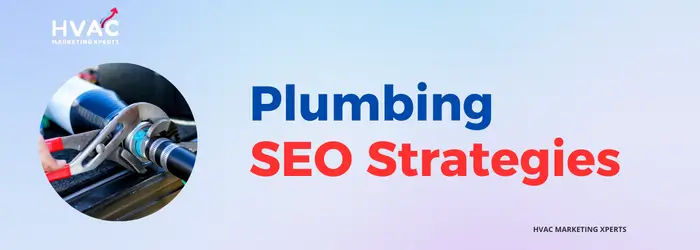
SEO is quite broad but you don’t have to get overwhelmed because these strategies will help you succeed.
Local SEO
Local SEO for plumbers deals with optimizing your site and local listings to rank for local search queries. As a plumber, this is the most important SEO strategy because you operate within a certain location.
While ranking for plumbing keywords in the country may prove difficult, it can be easier in your work location.
Follow these steps to boost your local authority and visibility.
Optimize your Google Business Profile

After setting up your website, your Google Business Profile(GBP) is the next in line. Because it can help your business appear in search engine result pages for local search queries.
You can find GBPs when you Google “water heater installation near me”. It appears just above the organic listings with a Google map close to it.
It contains relevant information that can help convert your prospects like:
To set up your Google Business Profile, do the following:
Go through your profile to ensure that your details are accurate. Next, boost your profile with customer reviews.
Gather Customer Reviews

According to a 2021 report by PowerReviews, 99.9% of customers read reviews before making a purchase decision. Most of your prospects look through your customer reviews and ratings on your Google Business Profile before deciding whether to hire your plumbing services.
Hence you need to reach out to your past customers via email or phone call to leave a review on your Google Business Profile. You can create a review link from your GBP which you can place on your site and or send to your customers.
Get Citations from Directories
Citation is one the top ranking factors Google uses in their algorithm local companies.
Local business directories won’t only aid in advertising your business but also give you citations and backlinks which are Google ranking factors.
In most directories, you get a profile with your business details like
Some of your prospects find plumbing services using directories so you need to sign up for a lot of directories.
Below are some listings you can use:
Yelp, Next Door, Foursquare, and Angi.
On-page SEO
On-page SEO is all about optimizing your web pages to be readable and visible in search engines. Every good on-page SEO strategy starts with keyword research and ends with high-quality content that meets search intent(s).
Let’s take a look at the steps for optimizing your pages.
Start with a Keyword Research
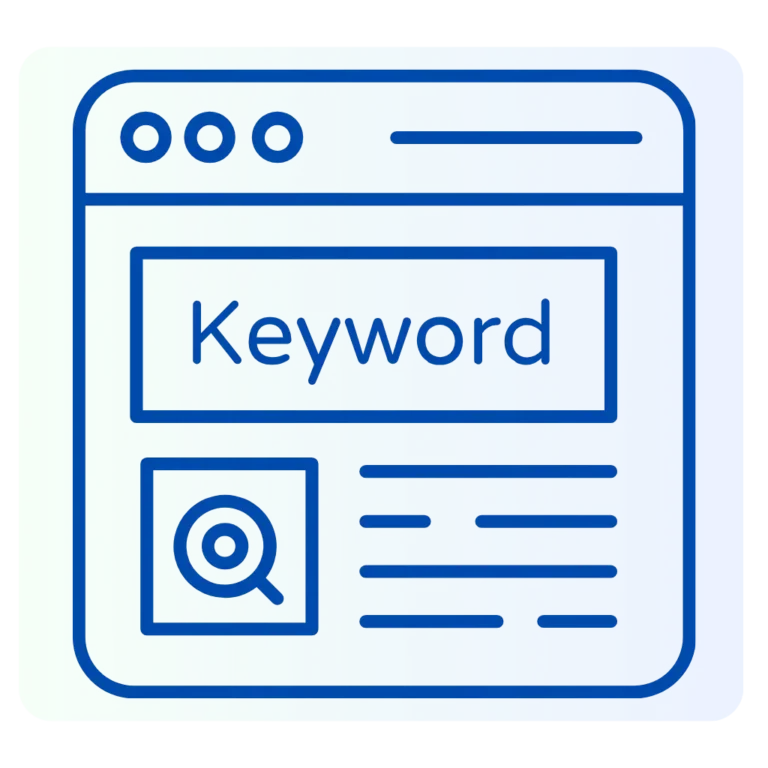
Keyword research is not as difficult as you think because SEO tools can help simply the process. Keyword research can help you to learn the language(keywords) your prospects enter in search engines.
Below are the steps for conducting a keyword research for plumbers:
Note that you should target keywords with lesser traffic or difficulty unless you have the resources to compete for them.
Unfortunately, that’s not all. You’ll have to qualify these keywords in your list so you can identify which ones are valuable to your plumbing company.
Here’s how to do it.
Keep in mind that keyword research is not a once-and-done strategy because organic search results change constantly. You’ll have to repeat it regularly to find new keyword gems.
Use Keywords to Optimize your Content
To make your content appeal to search engines you have to use keywords and entities naturally in different parts of your page.
They include:
Similarly, include variations of your keyword throughout your content to help search engine crawlers better understand your content. Avoid keyword stuffing as much as possible and add keywords in your body copy or headers only when it makes sense.
Recommended: Ultimate Guide to Plumbing Marketing
Add Visuals in your Content

I doubt if you’d read this guide without images. So use visual content on your pages like branded images, videos, and infographics. This will make your content enjoyable and easy to digest.
Also, optimize your images with an Alt text description that may include relevant keyword combinations. As it helps Google to understand your images and assist visually impaired users.
Integrate Contextual Internal Linking
There are two types of contextual Internal linking, internal, and external links. Internal links help to make users spend more time on your site by linking to other related content. It also aids search engine bots in understanding your content structure and indexing more pages.
For example, a blog post that talks about “dishwasher maintenance tips” can be linked to another post on “factors to consider before buying a dishwasher”
External links point to other domains which could be an industry report or statistics. Adding references to trusted sources tells the Google algorithm that your site is also a credible source.

Generate More HVAC & Plumbing Leads with a Free 3-Week SEO Trial!
Ready to get more calls and customers for your HVAC or Plumbing business?
HVAC Marketing Xperts is offering contractors like you a LIMITED free SEO audit and a 1-on-1 marketing consultation tailored to your HVAC or plumbing business.
Our proven local SEO lead generation system is risk-free for 3 weeks (you pay nothing for three weeks of GBP and SEO services)!
Let’s grow your business together—click the button below to start now and claim the TIME-LIMITED offer.
Update your Blog Regularly

This guide wouldn’t be complete without blogging. Is blogging dead? Far from it. Blogging helps you to appear on SERPs for keywords that your prospects are searching for.
If you are updating your blog page with high-quality content you’re more likely to show up on the first page of Google, provided you did good keyword research.
In addition to organic traffic, blogging can make your business a subject matter expert in the plumbing niche.
Optimize your Service Pages
Ideally, plumbing contractors should have service pages that target keywords related to their services. So when your prospects enter words like “toilet repair near me” your service page will pop up on the first page.
Below are some service page best practices you should adopt:
Technical SEO
Technical SEO for plumbers are the tasks done at the backend of your website that aren’t visible to the end users. Without it, your website will not be able to function optimally.
Technical SEO can be a bit confusing and you might need an SEO expert to help you out. However, this technical SEO checklist can give you a headstart.
Ensure your Site is Mobile Friendly

The majority of users pick up their smartphones to find plumbing companies when their sink or shower is leaking. Hence your site needs to deliver the same experience as it would with a computer.
Mobile SEO is a Google ranking factor that you must pay close attention to. You can assess the mobile functionality of your site using Google’s mobile-friendly test tool.
Recommended: 20+ Plumbing Website Design Ideas for Plumbers
Check your Site Speed

If your page doesn’t load fast you’ll be hurting your user experience and search rankings. To check your site speed, move over to Google’s Page Insights. Then enter your page URL to get a page speed score, insights, and suggestions on how you can speed up your page.
Here are some ways you can boost your site loading speed:
Ensure your Pages are Indexed
If search engine crawlers can’t find and index your page then it won’t exist in the search results. So you need to log in to your Google Search Console account and click on “pages” to check if all your site pages have been indexed.
Then try to fix the errors in the non-indexed pages which may result in updating your robot.txt file or fixing broken links.
Create an XML and HTML Site Map
XML site map acts as a guide to search crawlers so it can index all the pages on your plumbing site. It is understood only by search engines.
Whereas HTML sitemaps are meant to aid your users; you can find them at the footer of a website. It usually contains important links like an about page, service page, and contact page.
Fix Broken links and Page Errors
Some of the links on your site may be broken because they’ve been deleted or redirected wrongly. Broken links and page errors harm your user experience and search rankings.
You need to carry out regular checkups to find and fix or replace broken links on your site. A regular site audit with an SEO tool like SEMrush will help you find broken links and other errors on your site.
Recommended: Ultimate Guide to SEO for HVAC Companies
Off-Page SEO
This consists of the efforts done outside your website to increase your site’s visibility. One of which is link building, it’s a huge Google ranking signal–more high-quality links equals higher rankings.
Here are the best off-page SEO strategies for plumbers:
Build More Backlinks

Backlinks are essentially links from other websites that point to your site. They tell Google that your page is a trusted resource.
As a plumber, you should get links from relevant businesses like plumbing businesses, HVAC, home renovation, and construction companies.
There are two types of links: do-follow and no-follow links.
Do-follow links pass on SEO endorsement to your plumbing site while no-follow links won’t boost your ranking much but can increase your traffic and brand awareness.
You should focus more on getting do-follow links and accept no-follow links if it’s from a reputable site.
You can acquire links by doing the following:
Be Active on Social Media

Most of your target audience spends time on social media platforms like Facebook and YouTube. So you need to actively engage them with unique plumbing content.
It does help with your search rankings but can also help drive traffic to your site especially when you share your blog content.
In turn, it will send social signals to search engines showing that you’re a plumbing industry expert. Which may well lead to folks linking to your content.
Recommended: Ultimate Guide to Plumbing Social Media Marketing
Increase your Brand Mentions
Can you imagine how many times brands like Samsung have been mentioned across the web? Probably a million times. Brand mentions are not backlinks but they promote your brand name and authority. They are also called implied links.
Your job is to promote your business through mediums like social media and forums. The more people that know about your plumbing company, the more likely you are to get clients.
Manage your Online Reputation

How people view your plumbing company matters a lot.
Hence give a helpful reply to every comment you receive on your Google Business Profile and business listings.
Even if it’s a one-star comment filled with rants, try to understand the customer’s point of view and leave a helpful reply. Doing this will show your prospects that you’re committed to assisting them.
Actively reach out to your customers to leave a review on your GBP because Google will mostly display plumbing companies with a 4.0+ star rating and many reviews in the local pack.
Why Hiring a Plumbing SEO Company is Ideal for Success
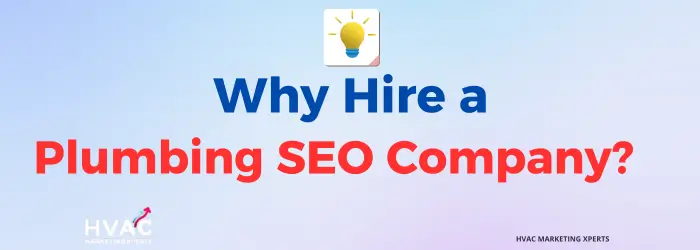
A plumbing SEO company has a team of SEO experts, web designers, and content writers who can run successful SEO campaigns for your business.
They’ve been working on plumbing SEO for years and know how to build tailored SEO strategies that will rank your website and Google Business Profile on Google’s first page.
Once we’ve agreed on terms, we will audit your current SEO strategy and come up with personalized campaigns to drive traffic and conversions to your plumbing site.
Summary: SEO for Plumbers(Ultimate Guide)
Plumbing SEO might not get you customers immediately, it could take several months before you start seeing results.
But as long as you stay consistent your SEO efforts will compound over time and result in qualified traffic and plumbing jobs.
However, hiring a plumbing SEO company will save you all the trouble of handling your SEO campaigns. They will help your plumbing website and Google Business Profile rank high on Google.

Generate More HVAC & Plumbing Leads with a Free 3-Week SEO Trial!
Ready to get more calls and customers for your HVAC or Plumbing business?
HVAC Marketing Xperts is offering contractors like you a LIMITED free SEO audit and a 1-on-1 marketing consultation tailored to your HVAC or plumbing business.
Our proven local SEO lead generation system is risk-free for 3 weeks (you pay nothing for three weeks of GBP and SEO services)!
Let’s grow your business together—click the button below to start now and claim the TIME-LIMITED offer.

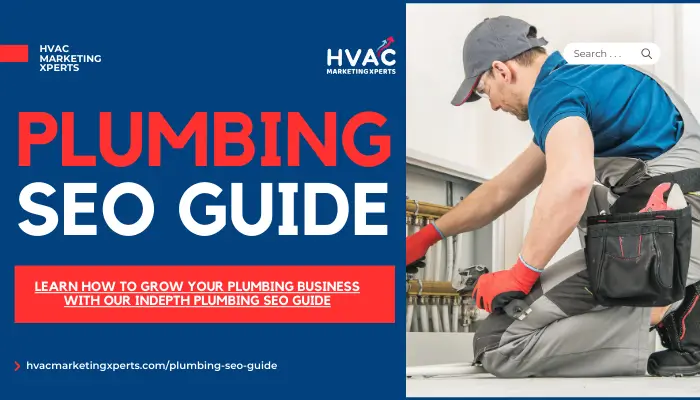
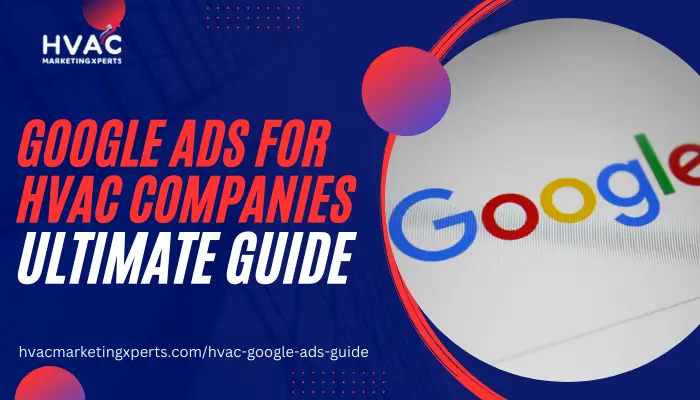
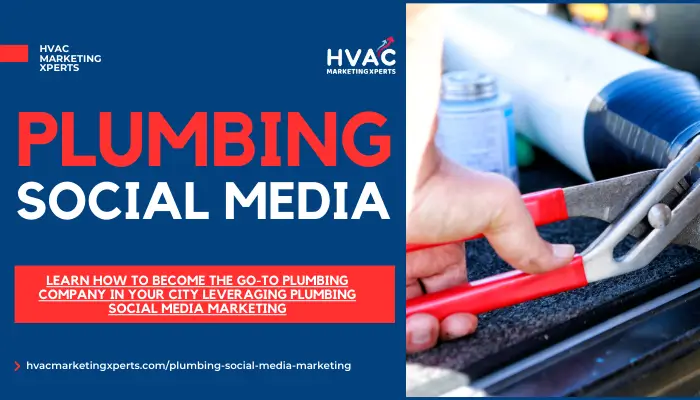
![20 Best Plumbing Website Designs [+Tips to Create Your Own] 3 plumBing websites design ideas - by Hvac marketing xperts](https://hvacmarketingxperts.com/wp-content/uploads/plumBing-websites-design-ideas-by-Hvac-marketing-xperts.webp)
